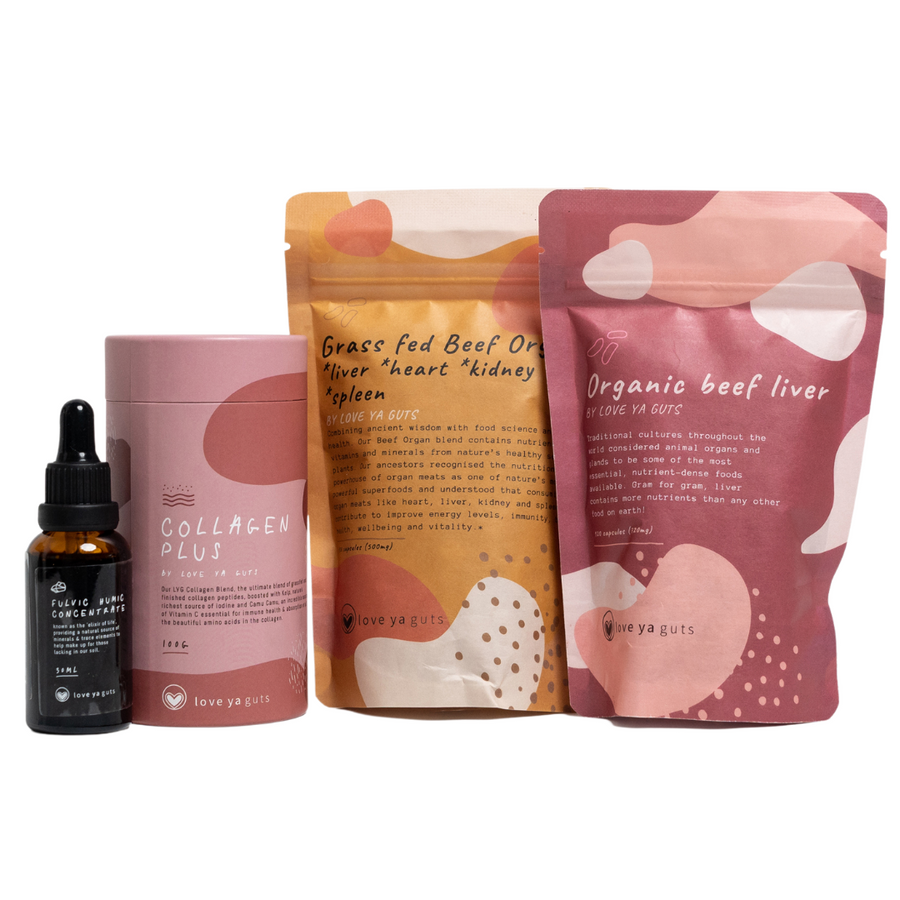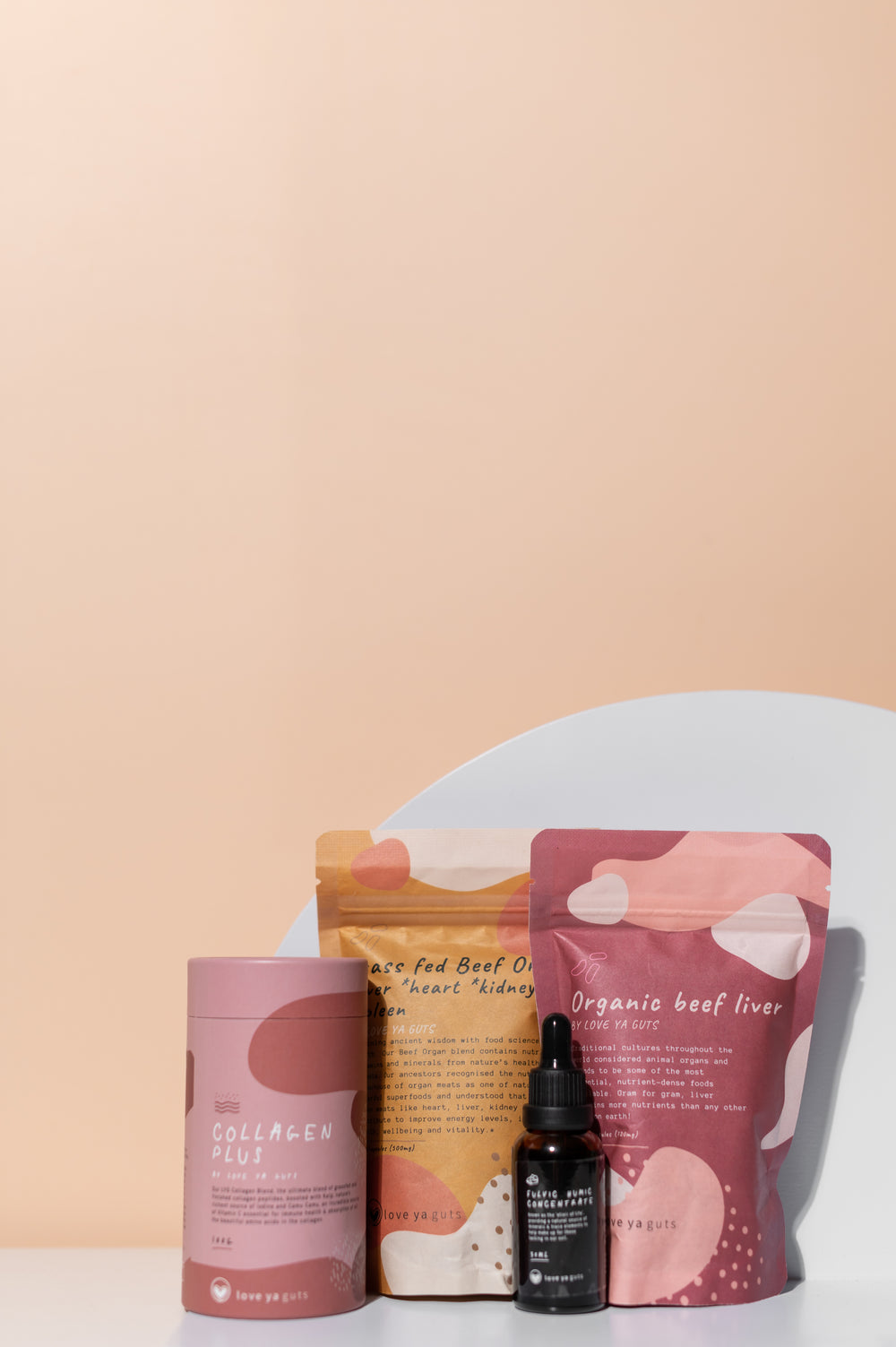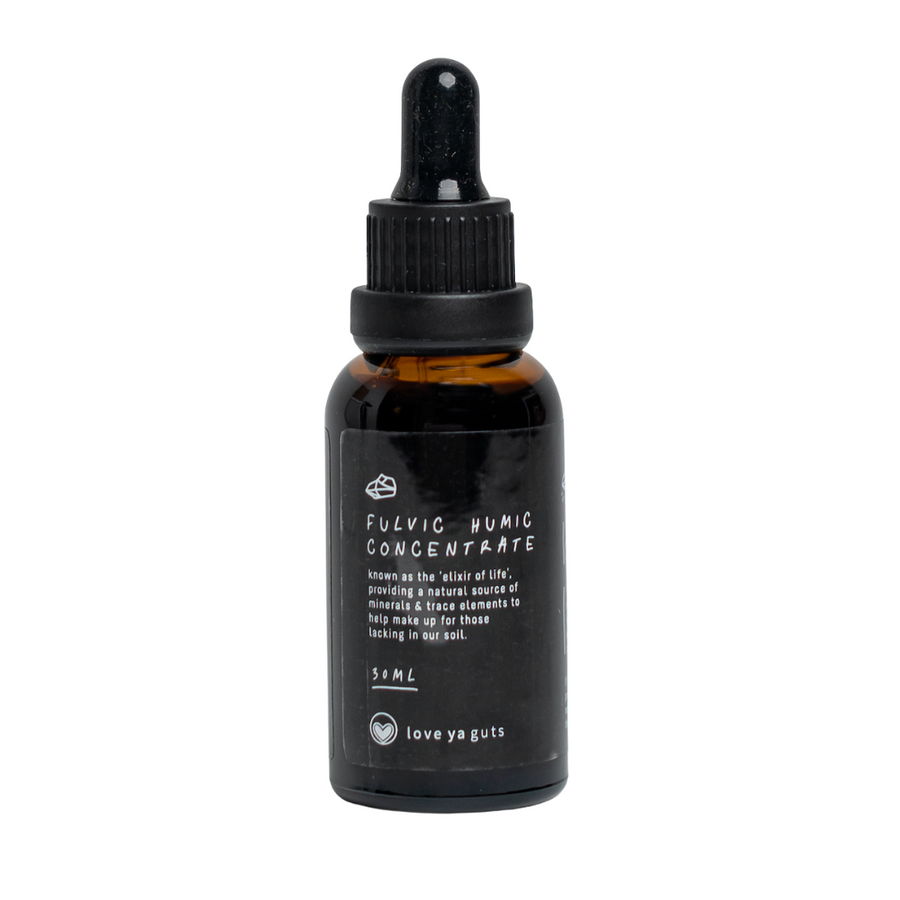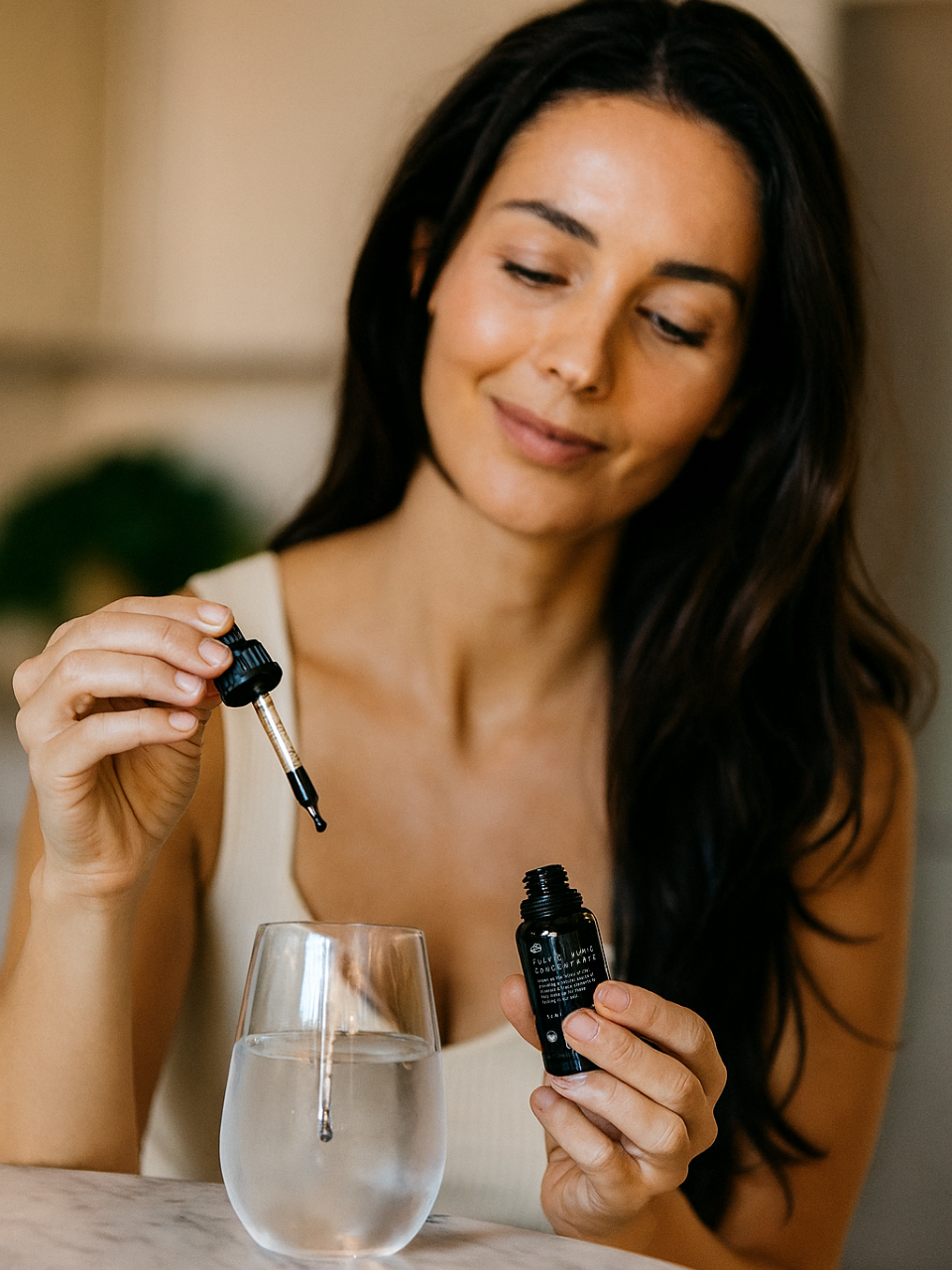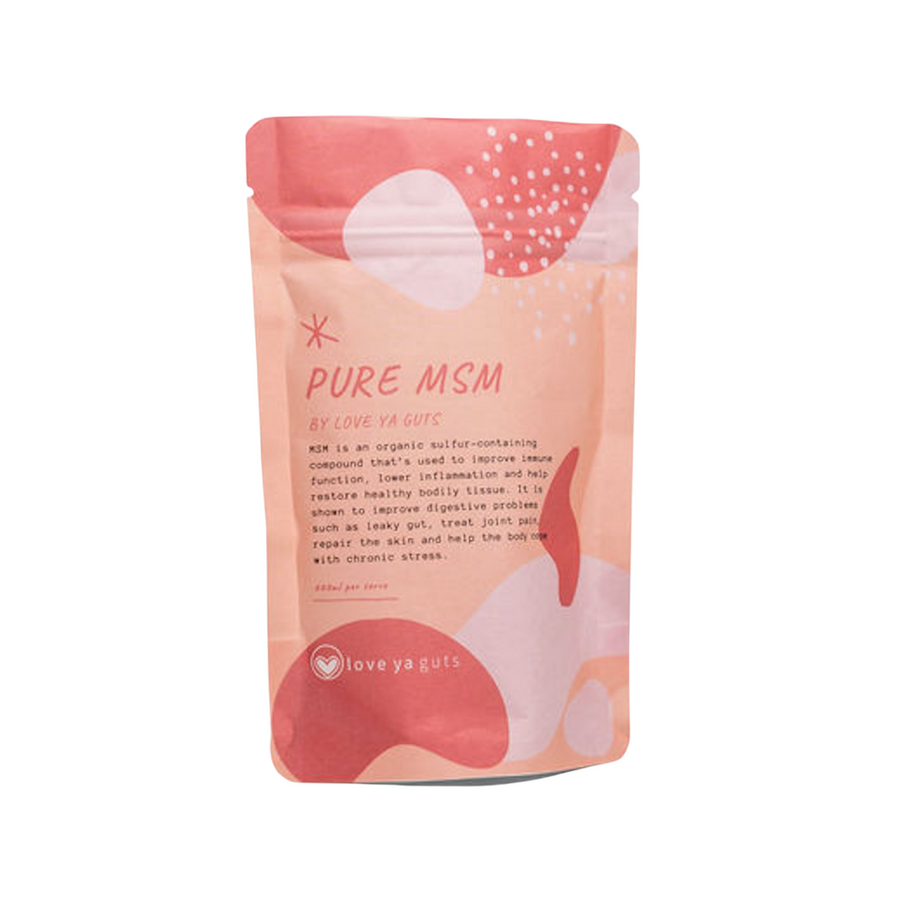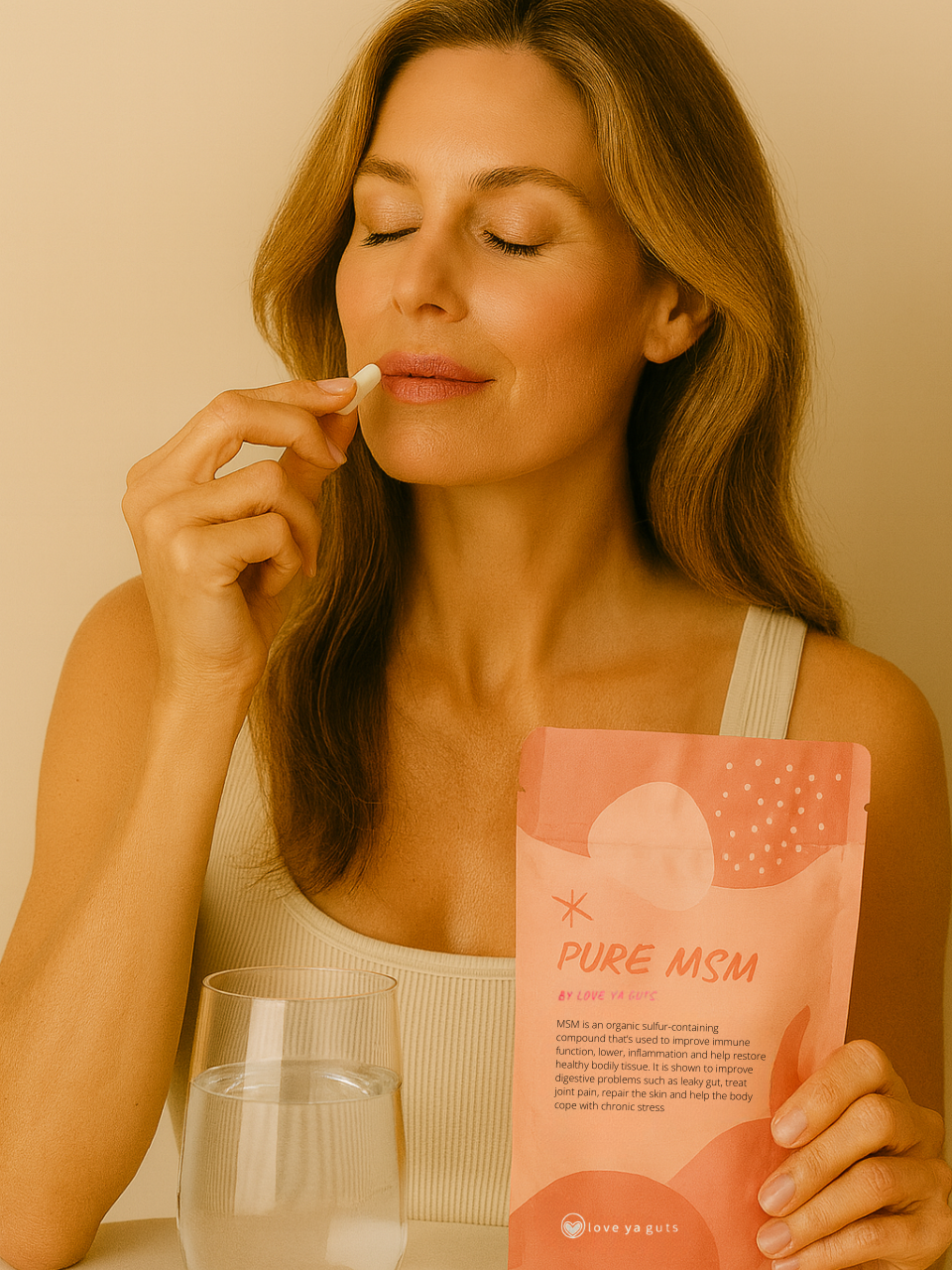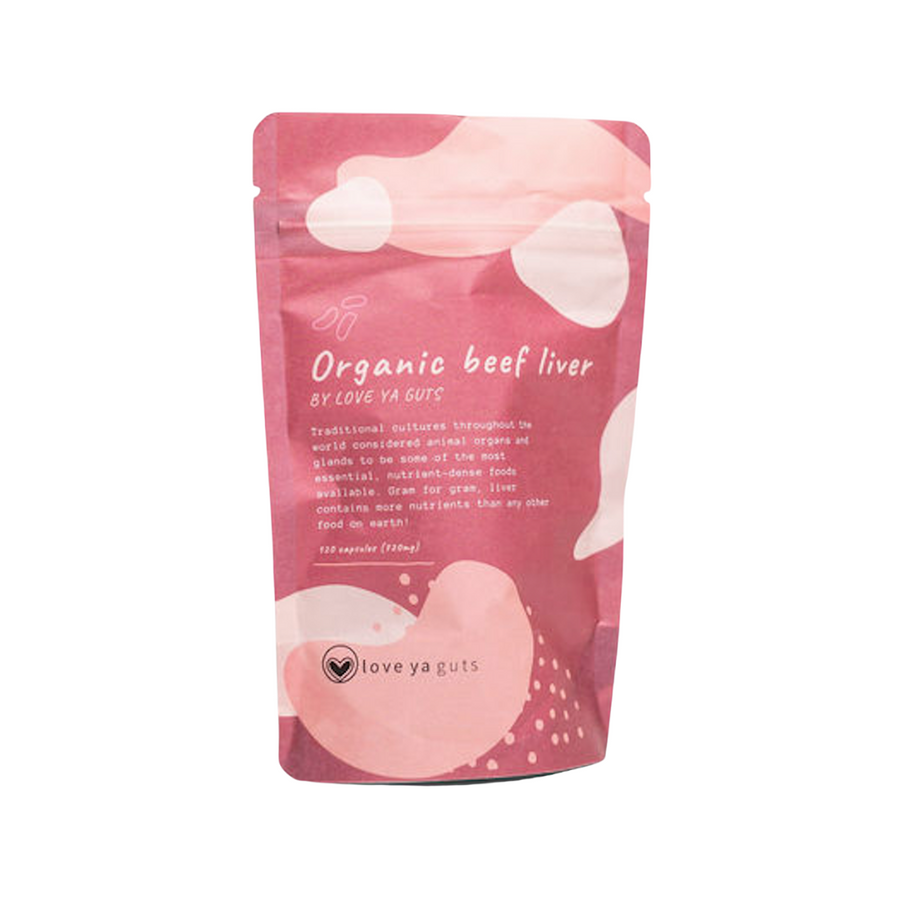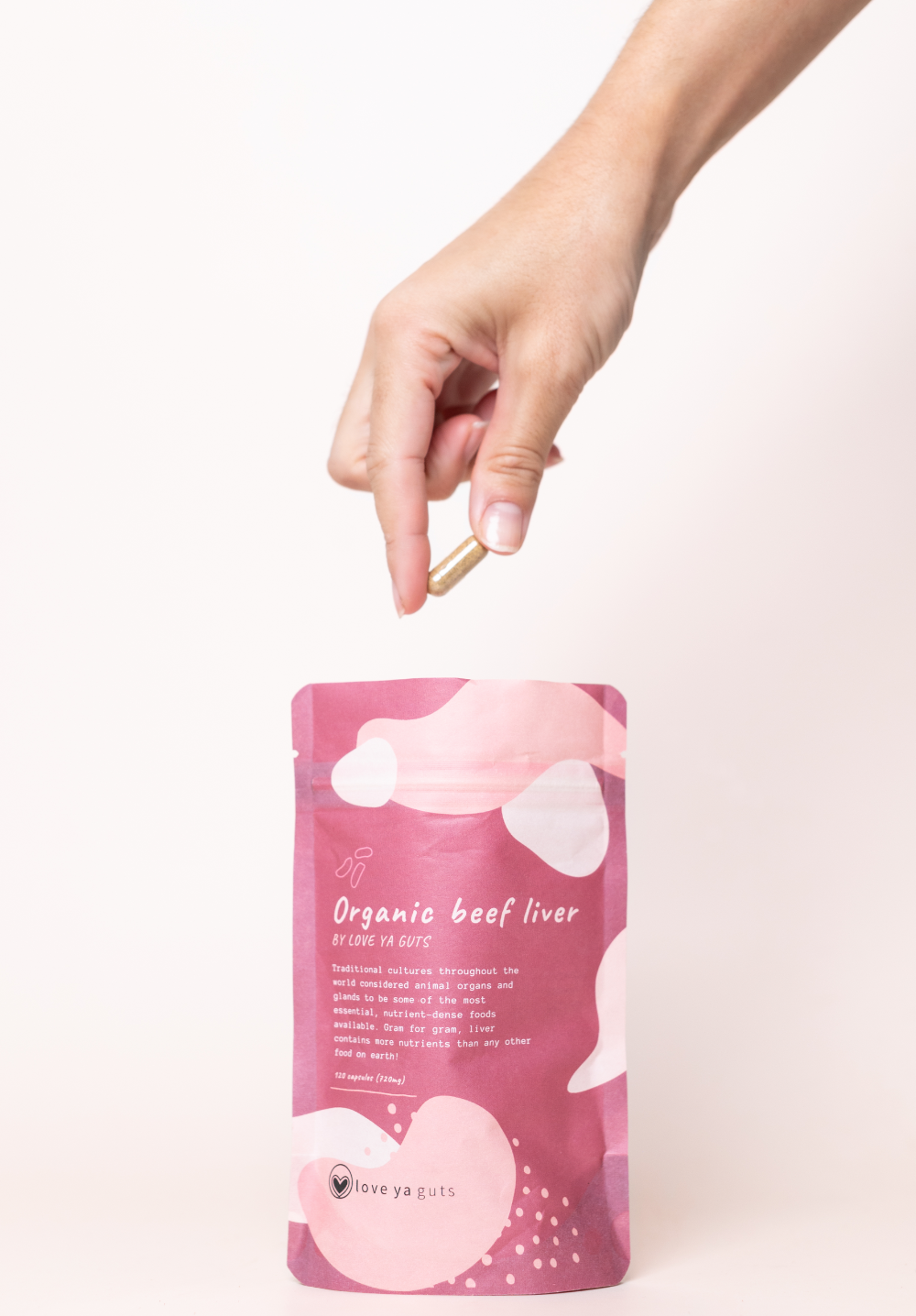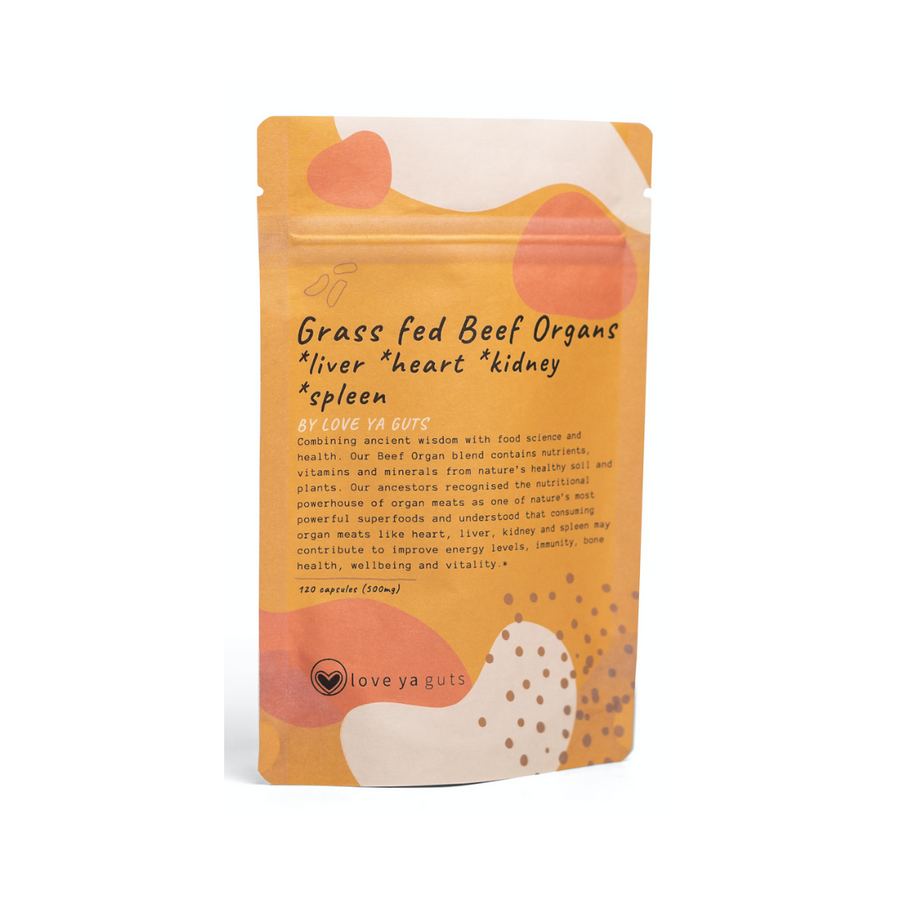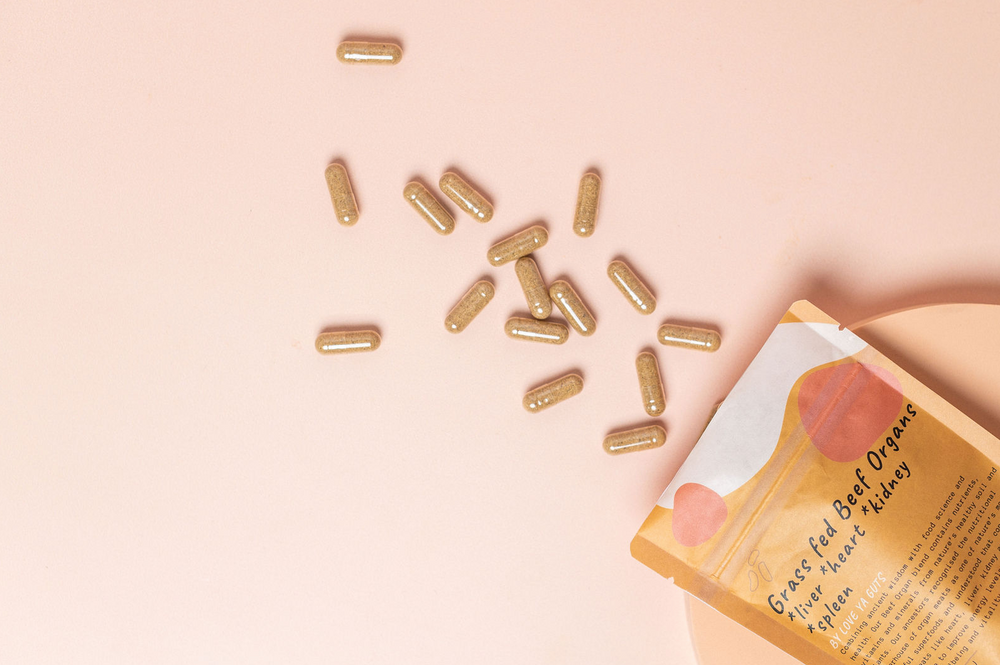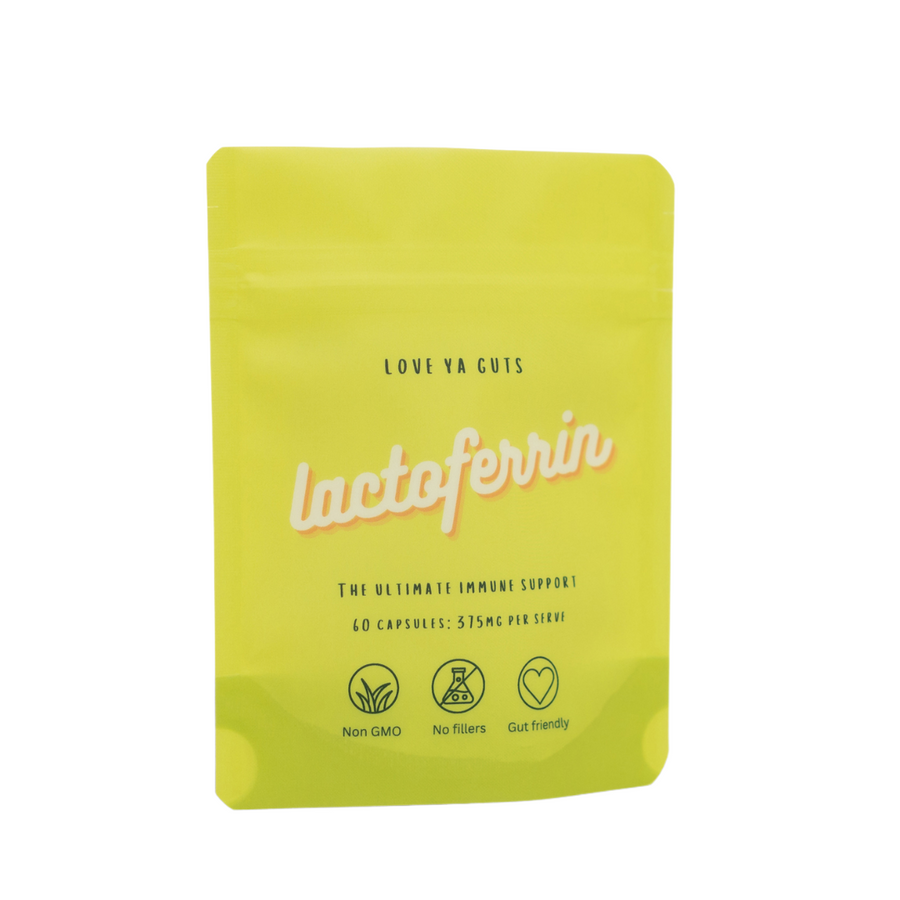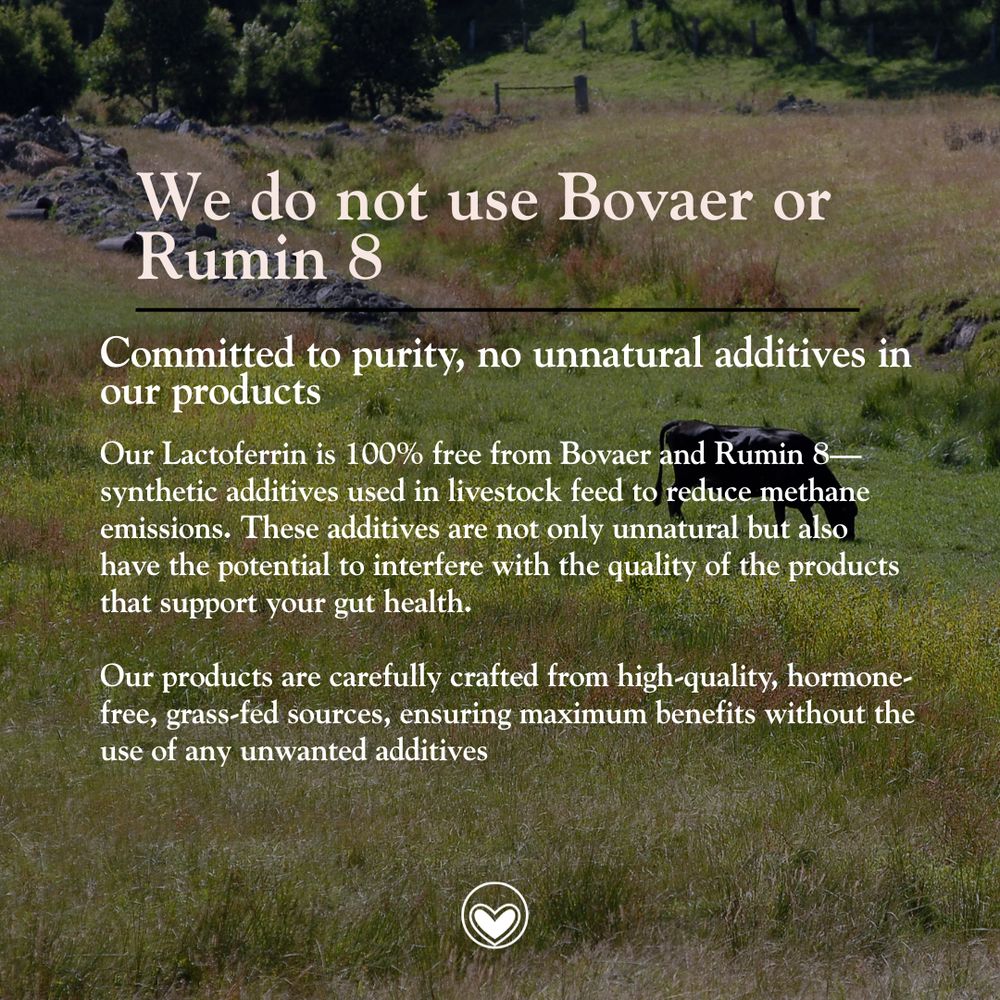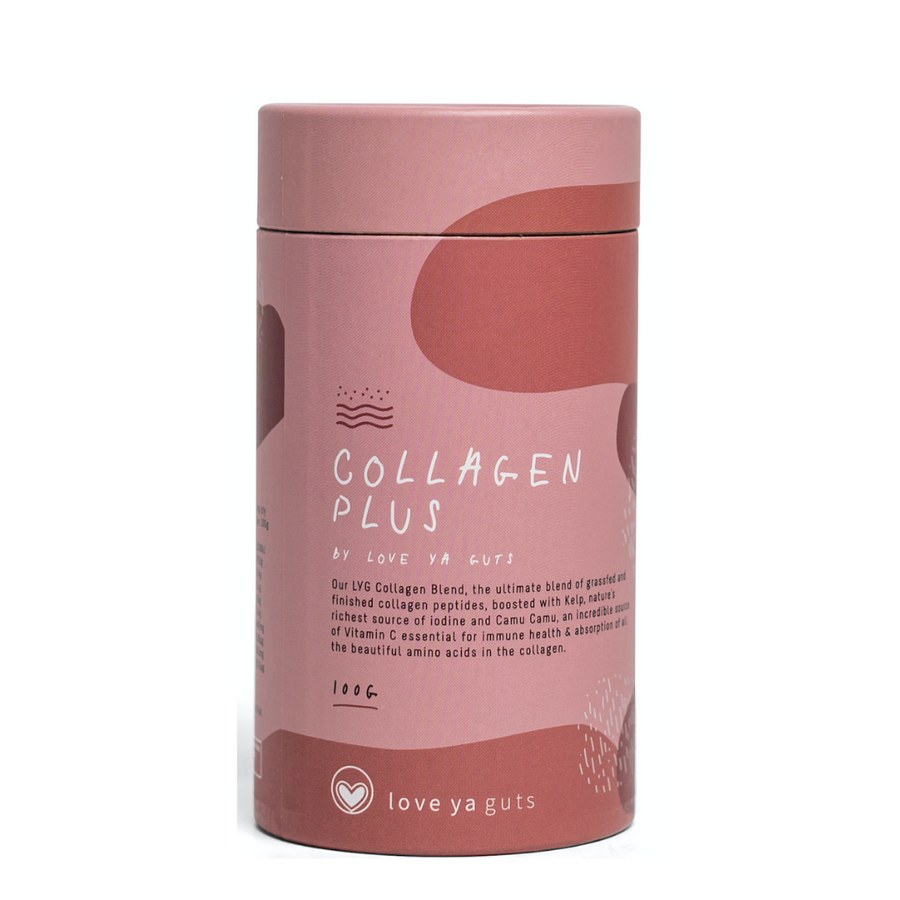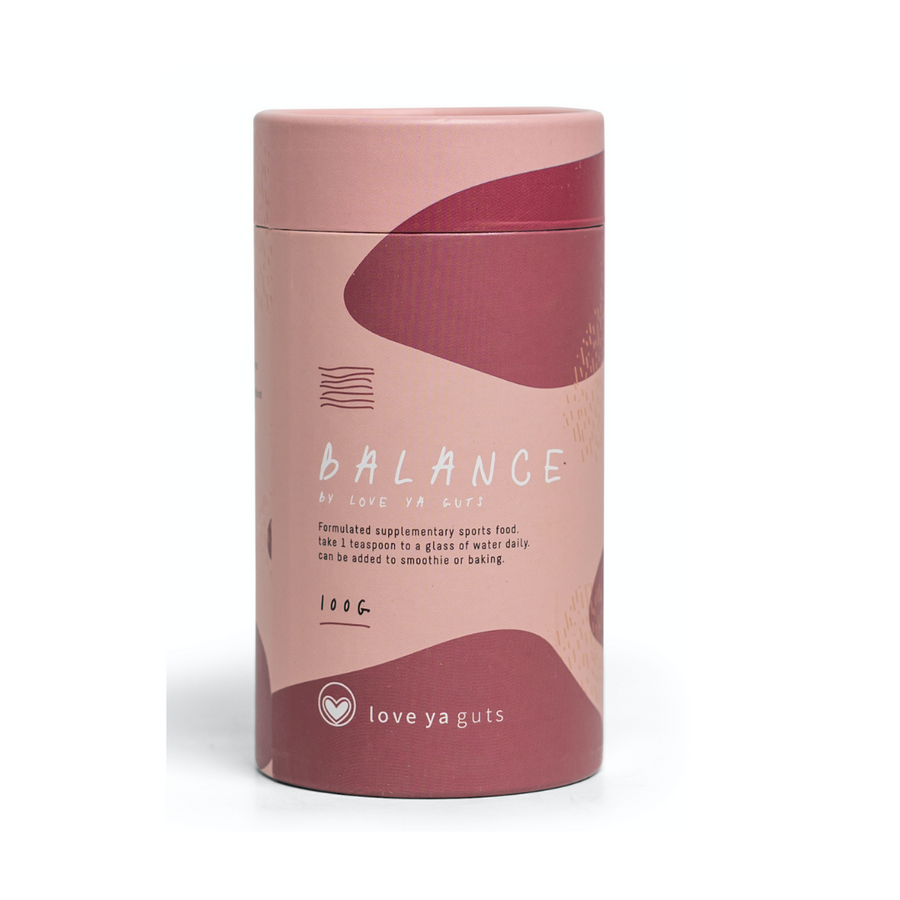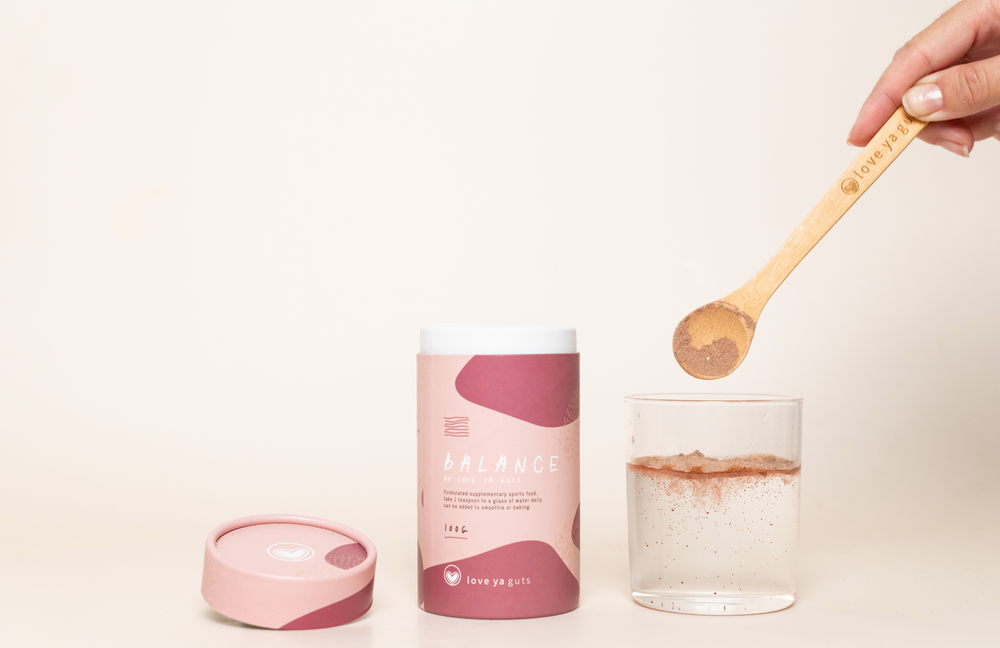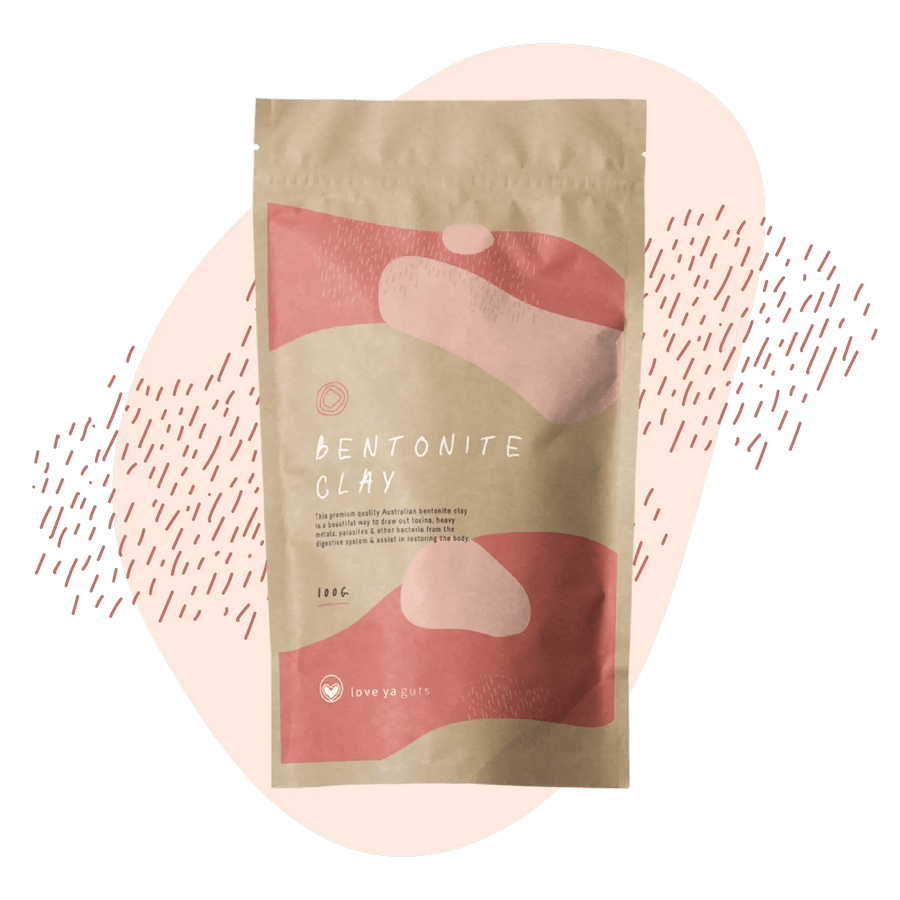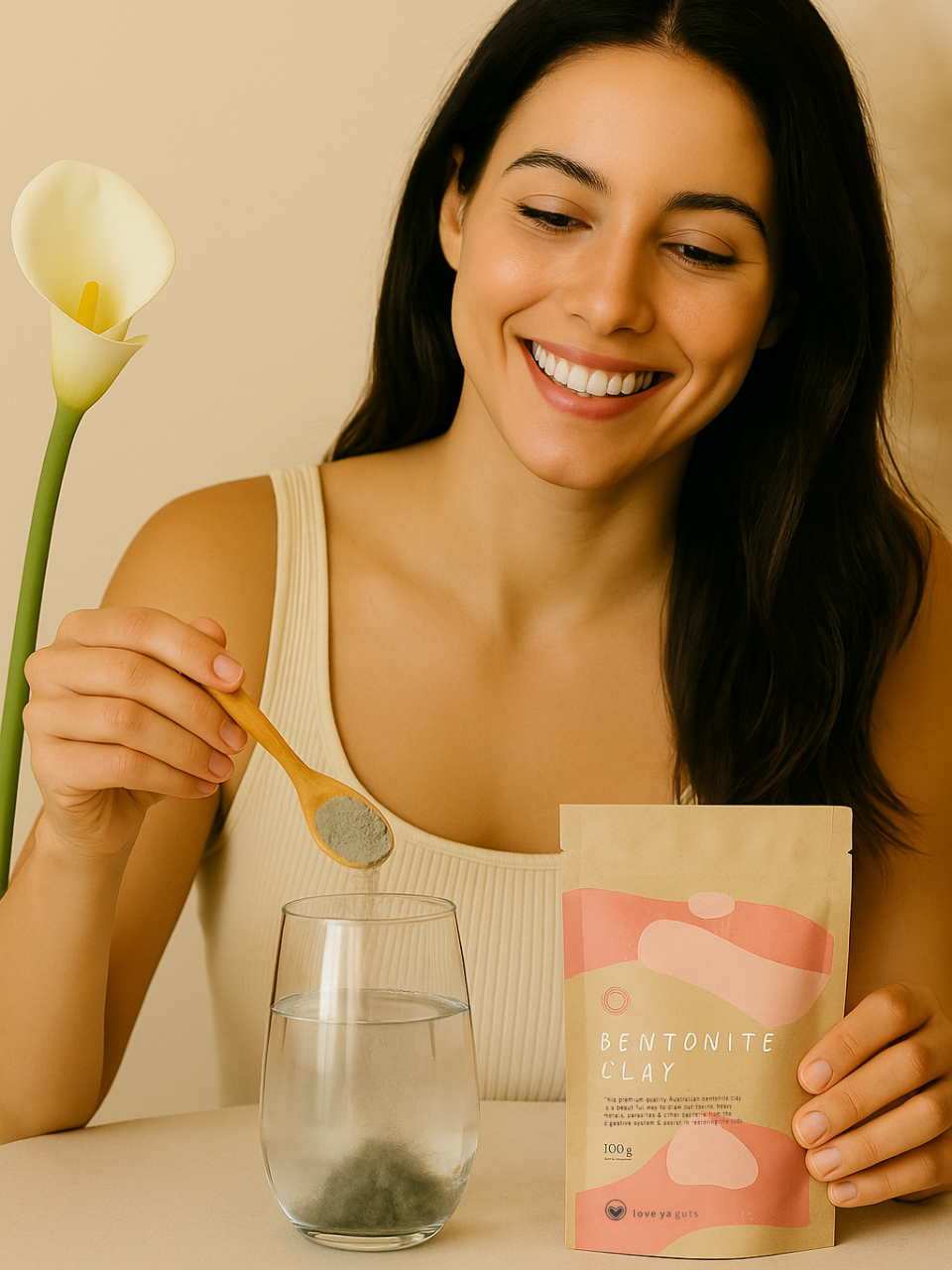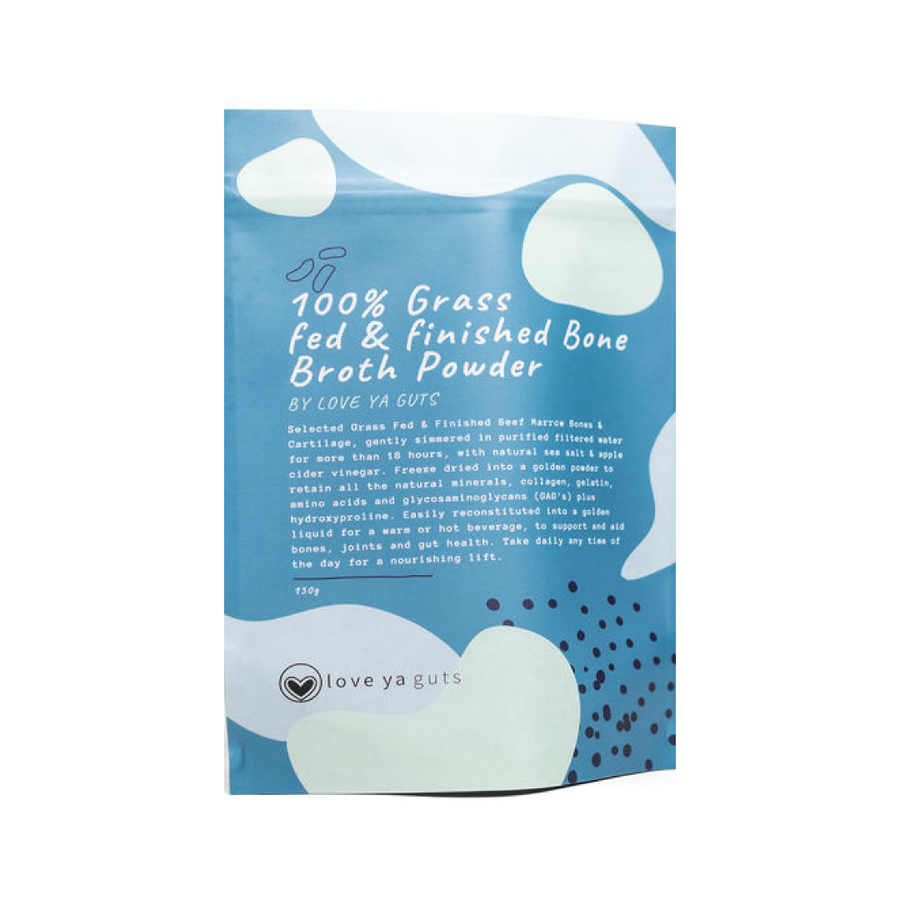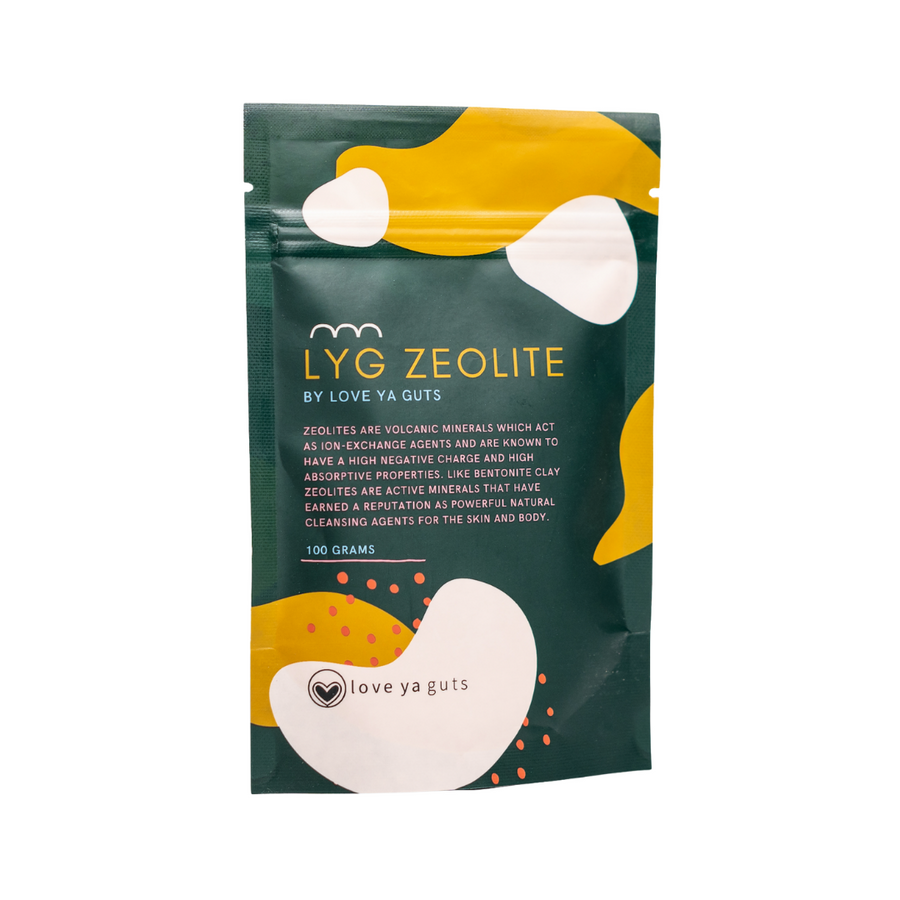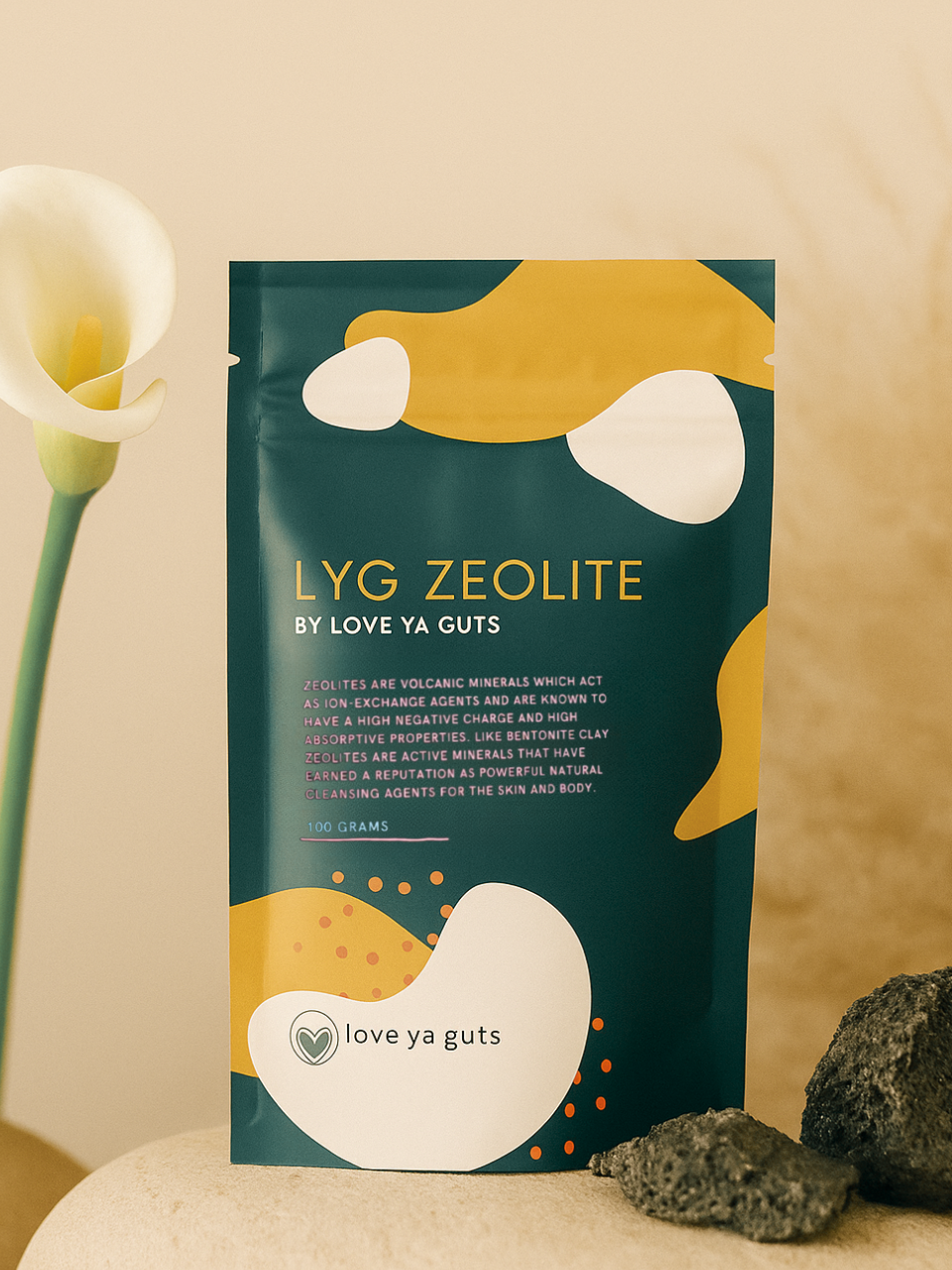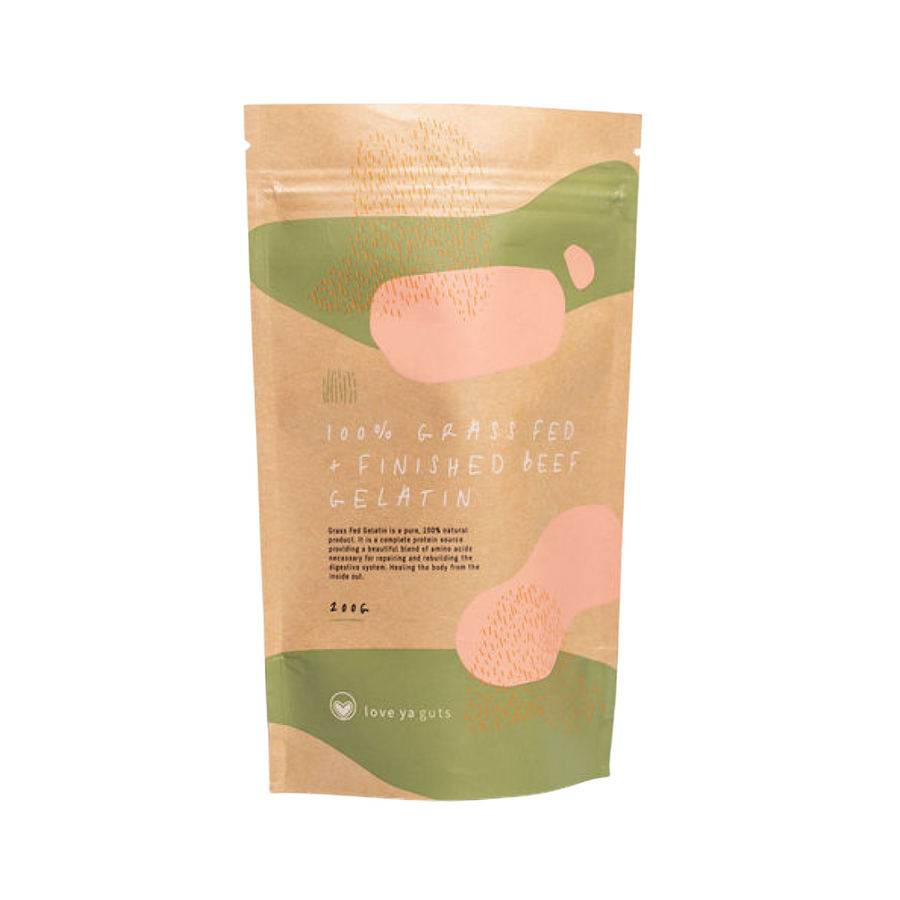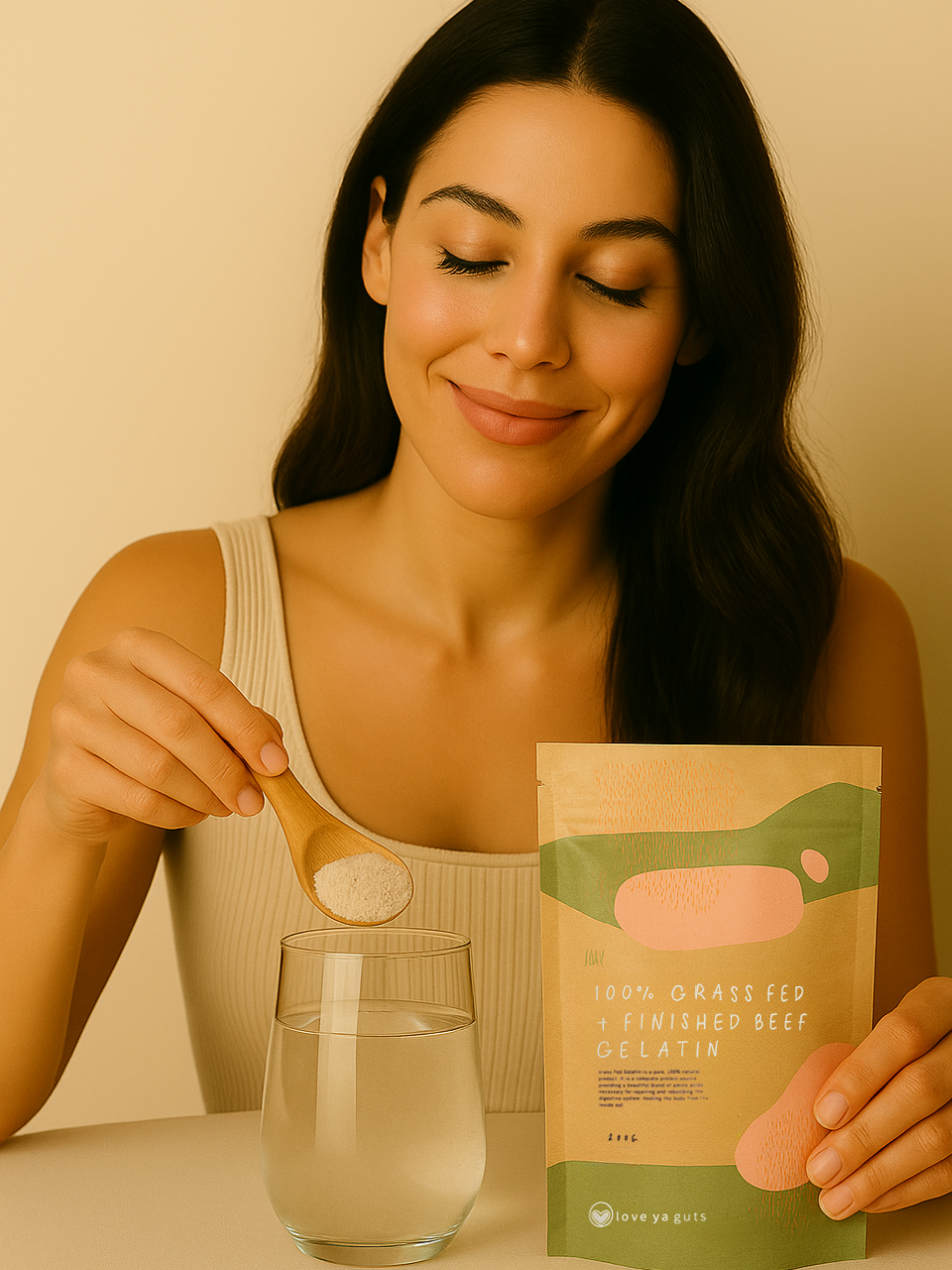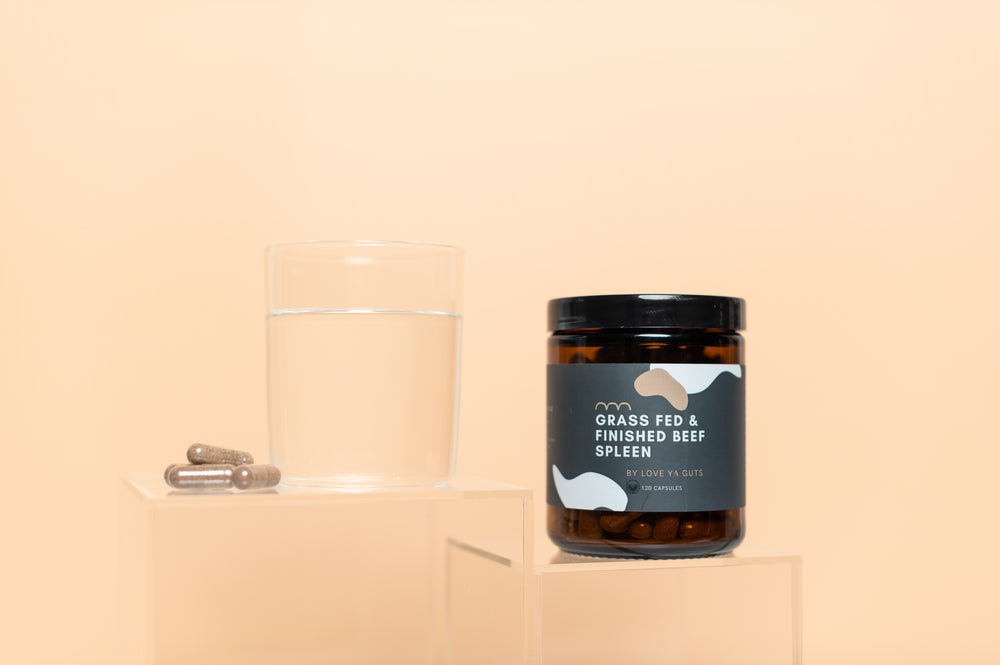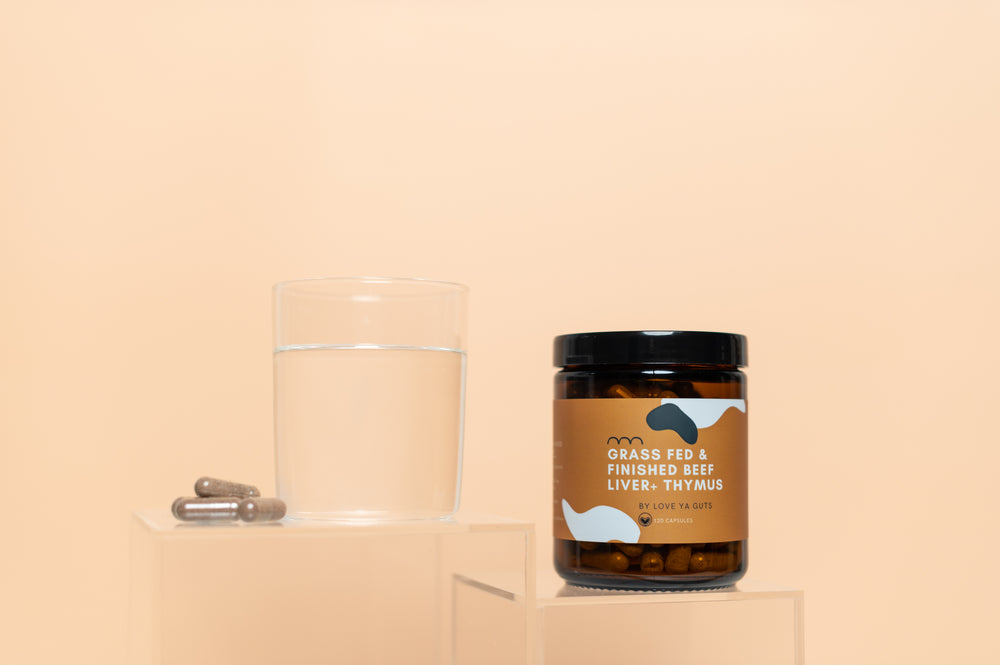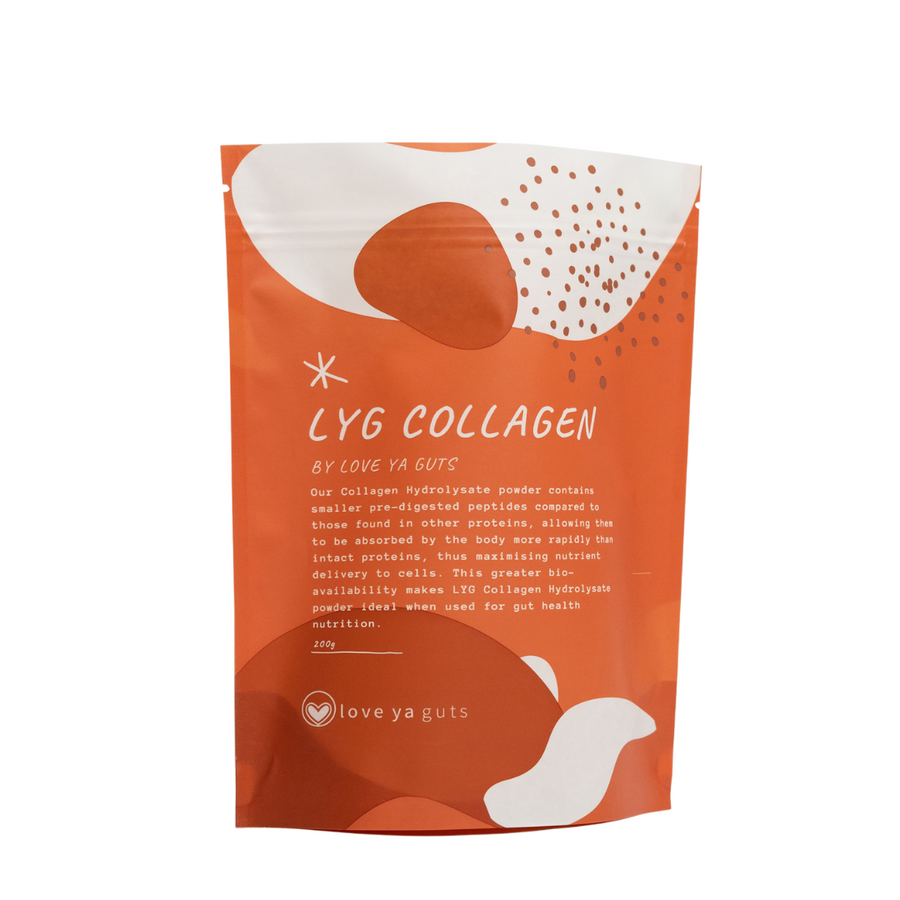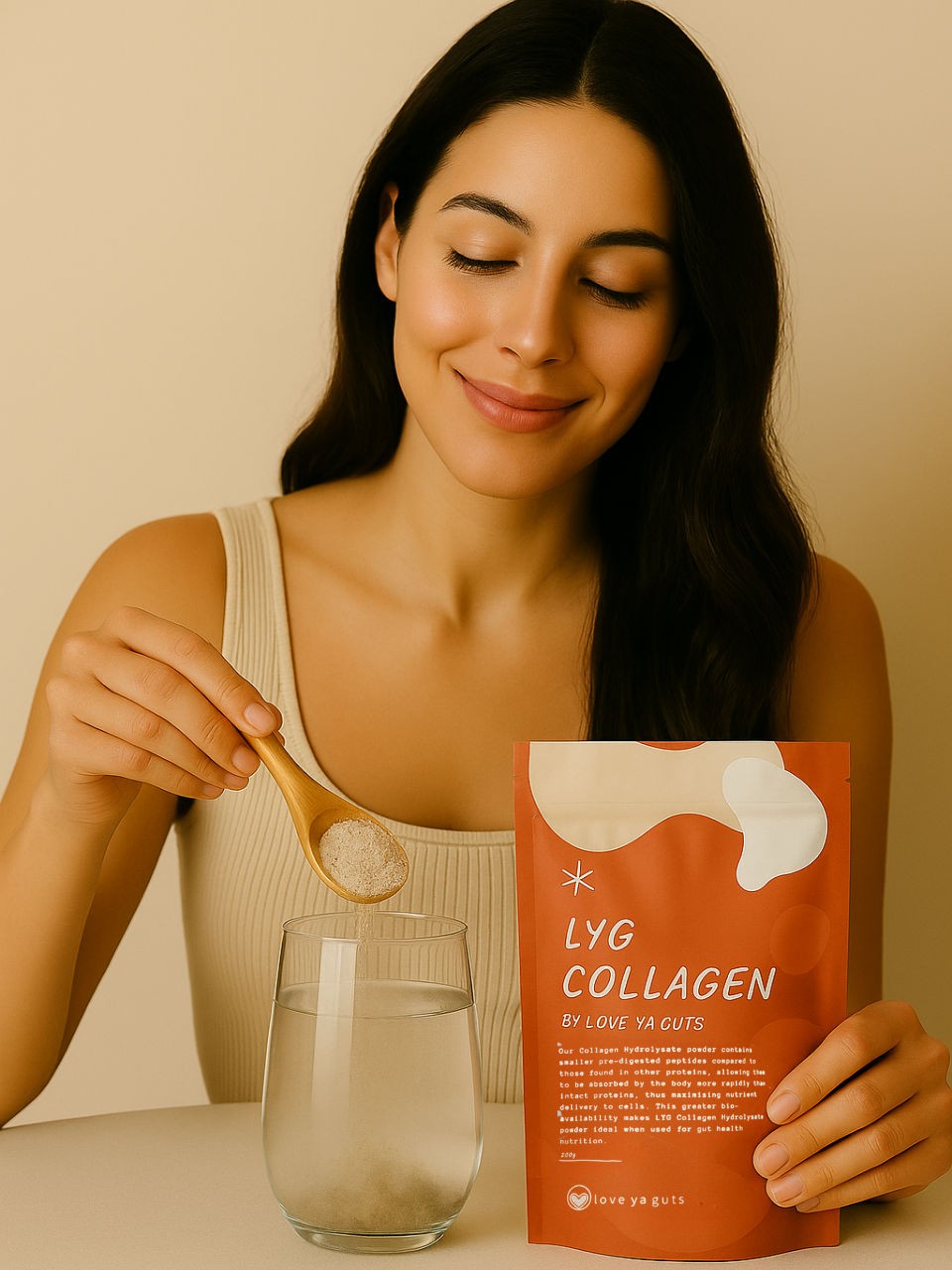The Gut Skin Connection- Part One
Written by our Love Ya Guts Naturopath- Miriam Connelly
Does our gut health directly impact skin health? Part One
In short, the answer is yes! But let’s delve a little deeper so we can understand the how and the why.
We talk a lot on here about our gut microbiome, micro flora, gut flora, good and bad bacteria ratios - it’s all related and it’s all relevant to our skin!
One of my absolute favourite health quotes (I think that’s what you’d call it) is this… ‘a healthy outside starts on the inside’. Boy ain’t that the truth! This small quote rings true when it comes to the health of our skin. Our integumentary system (aka.. our skin) is our body's largest eliminatory organ. No wonder we get pimples! If what we're putting inside our body is partly eliminated through our skin, it makes sense that it's reflected on the surface of our faces, our chest, our backs.. Etc.
Our gut and our skin play crucial immune and neuro-endocrine roles and are uniquely related in purpose and function. The intimate relationship between these organs is referred to as the “skin-gut axis” and numerous studies have linked gastrointestinal health to skin homeostasis.
One of the main regulators in the skin-gut axis is how the gut microflora communicates with the skin. It does this mostly via intricate interactions with the immune system to regulate systemic and local inflammation. It gets even more direct than that though! For example, if we have an impaired intestinal barrier, intestinal bacteria as well as their metabolites can enter the bloodstream, accumulate in the skin and disrupt the skin microbiome.
Gastrointestinal disorders are often accompanied by skin manifestations and the gut microbiome plays a key role in the development of many inflammatory disorders of the skin, such as:
-
Acne vulgaris
-
Acne Rosacea
-
Eczema (atopic dermatitis)
-
Psoriasis
-
Pigmentation
In addition to all of this, we have to think about our skin microbiome. That’s right, our skin has a microbiome as well! And it 'talks' to the gut microbiome and the immune system a lot, as mentioned above. They work together to dampen inflammation, protect against infection and keep your skin in tip top shape.
Excess use of antimicrobial hand sanitisers, soaps and face washes contributes to an imbalanced microbiome, skin dysbiosis and antibiotic resistance, thus stoking various skin conditions, including psoriasis, allergies, eczema, contact dermatitis, acne, poor wound healing, skin ulcers, dandruff, yeast and fungal infections, rosacea, and accelerated skin aging.
Do you struggle with any of these? Stay tuned, part two of this series will discuss the above mentioned skin conditions in a little more depth and how they are individually affected by our gut health 
If you haven’t already, I would highly recommend going back and reading Brooke’s three part series on gut inflammation as it is soooo connected to your skin’s health.








